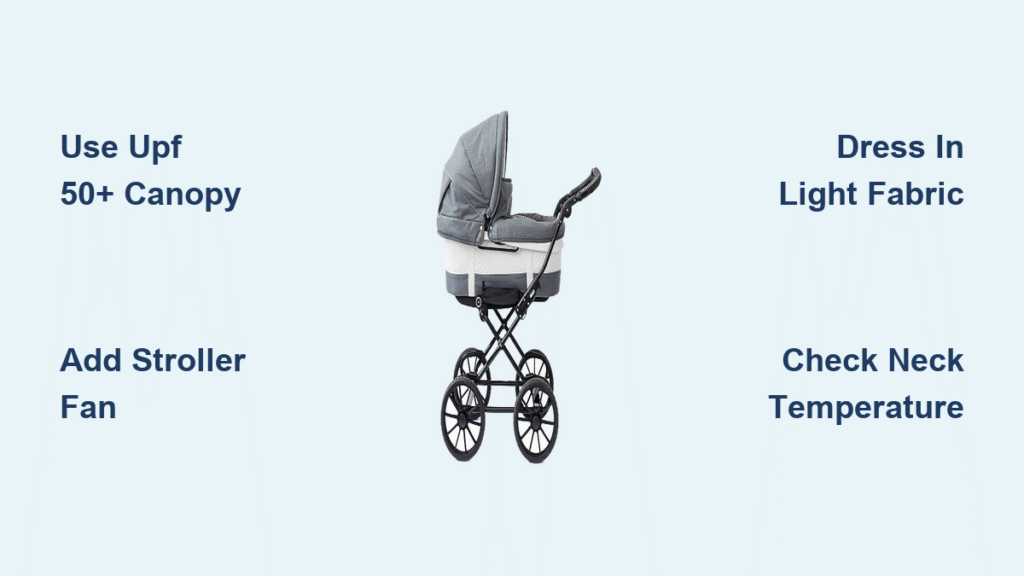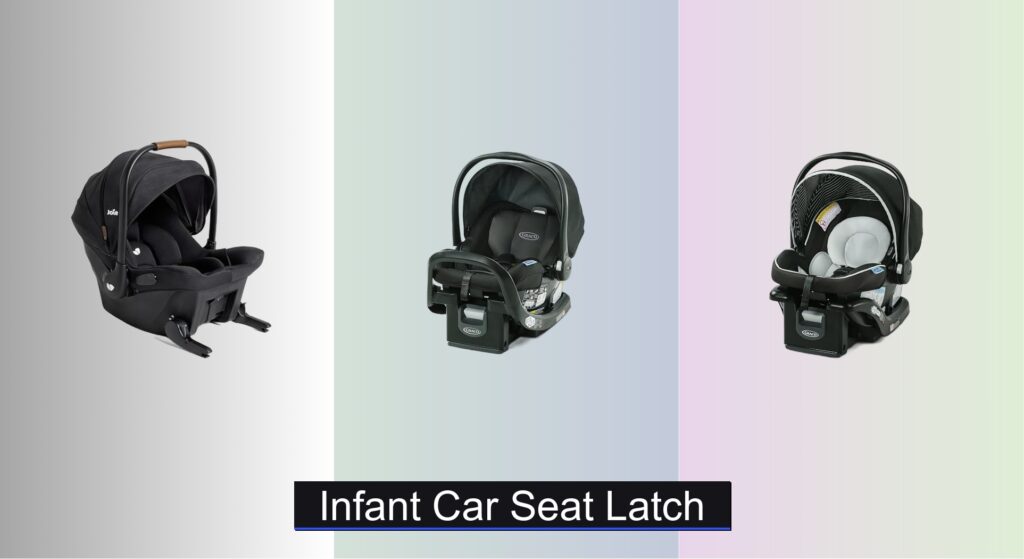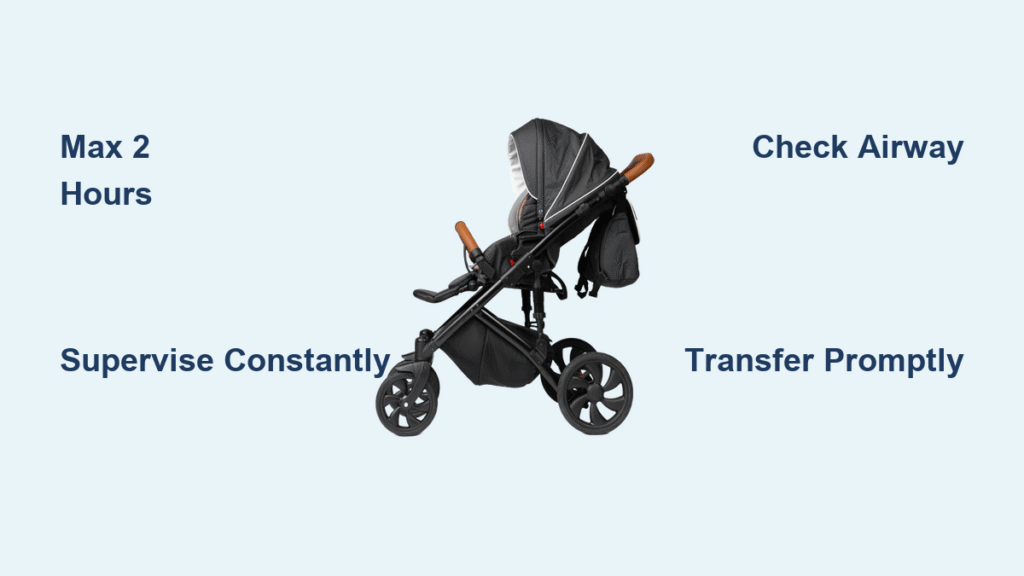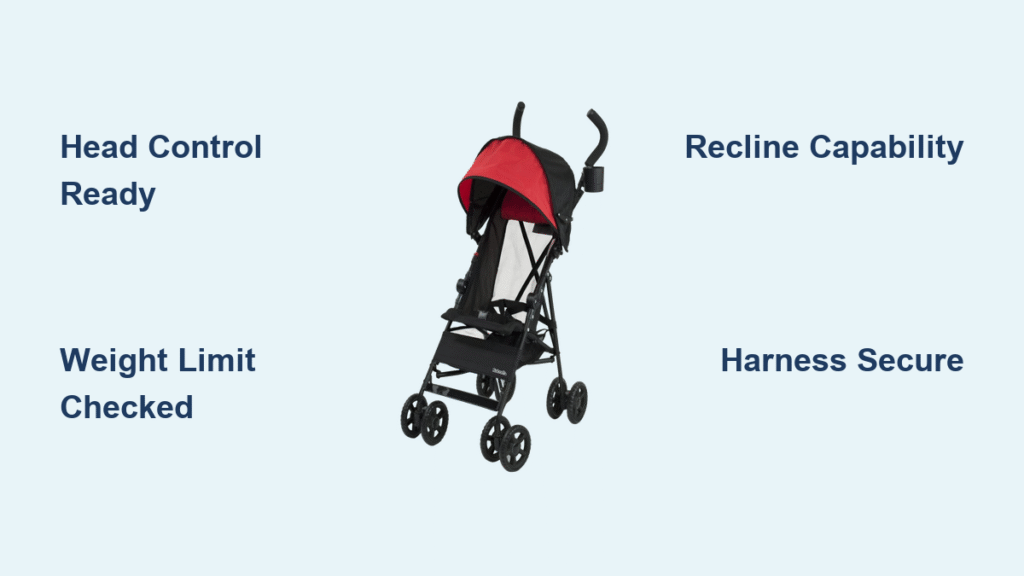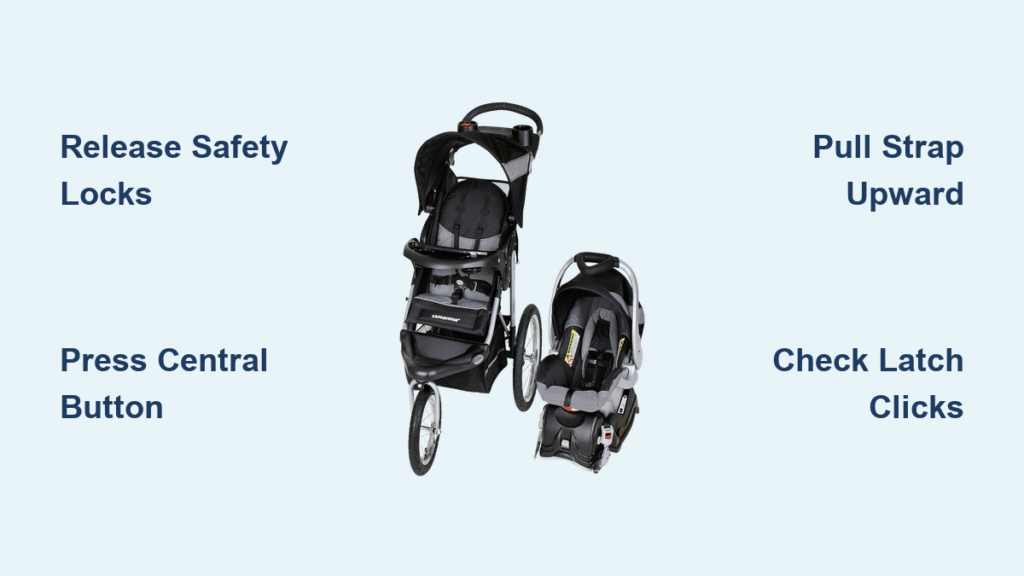Your baby’s tiny hands feel clammy, their cheeks flush red, and suddenly that peaceful stroller nap turns into fussy cries. This isn’t just discomfort—it’s a warning sign. Babies overheat up to five times faster than adults in strollers, yet can’t tell you they’re suffering. With their underdeveloped sweat glands and smaller fluid reserves, your little one could become dangerously dehydrated in as little as 30 minutes of summer heat.
Learning how to keep baby cool in stroller isn’t optional—it’s a critical summer survival skill. This guide cuts through the confusion with actionable techniques that actually work. You’ll discover which stroller features truly prevent heat buildup, emergency warning signs most parents miss, and cooling hacks that cost less than $10. By the end of this read, you’ll transform stressful summer walks into comfortable adventures.
Why Your Baby Overheats Faster Than You Realize
Baby Cooling Systems Work Differently
Your infant’s sweat glands remain underdeveloped, producing minimal perspiration even when temperatures climb. While you’d break into a sweat walking to the mailbox, your baby’s body struggles to release heat through their skin. Combine this with their rapid temperature rise—babies heat up three to five times faster than adults—and you’ve got a dangerous situation developing before you notice.
Pro Tip: Always check the back of your baby’s neck, not their hands or feet. Cold extremities can mislead you while their core temperature dangerously rises.
Temperature Danger Zones Demanding Action
80-89°F (27-32°C): Limit stroller time to 45 minutes max. At these temperatures, babies lose fluids rapidly without showing obvious signs.
90°F+ (32°C+): Reduce outings to 30 minutes or less. High humidity makes 85°F feel like 95°F—treat any humidity above 60% as a red flag.
Peak Danger Hours: 10 a.m. to 4 p.m. accounts for 70% of UV exposure. Plan walks early morning or after 5 p.m. when the sun’s angle reduces heat intensity.
Select Strollers That Beat the Heat
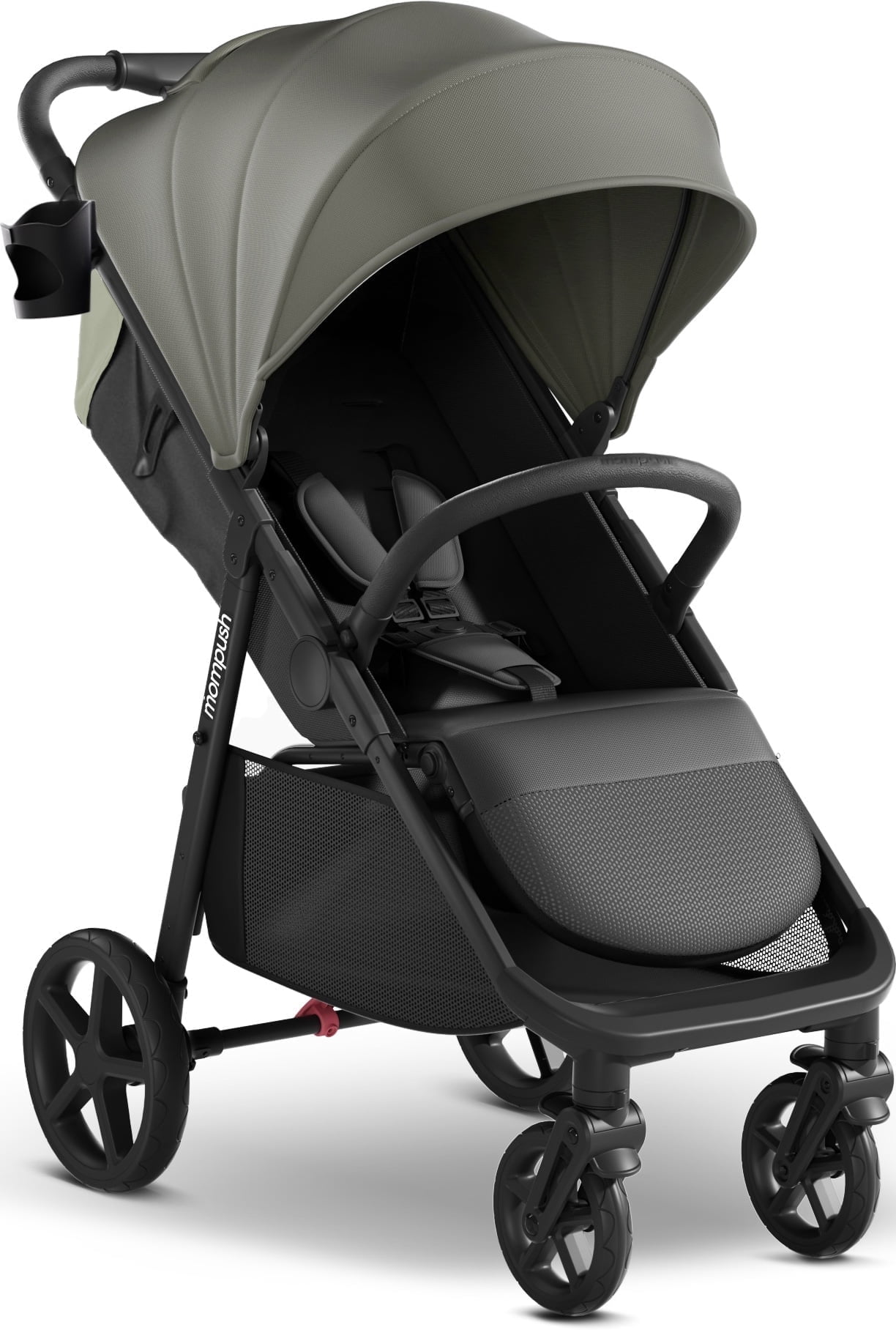
Must-Have Cooling Features You Can’t Skip
Don’t waste money on “summer-ready” strollers without these essentials:
- UPF 50+ extendable canopy blocking 98% of UV rays (test by holding it up to light—no visible beams should pass through)
- Mesh ventilation panels in both canopy and seat back creating cross-breeze
- Light-colored frames reflecting sunlight (dark frames absorb 15°F+ more heat)
- Removable back panel allowing airflow through the seat
Warning: Avoid leather or vinyl seats—they turn into mini saunas within minutes in direct sun.
Budget Cooling Upgrades That Actually Work
Transform any stroller with these affordable accessories:
Stroller fan mastery: Clip a bladeless fan (like Diono or SkyGenius models) to your bumper bar, angled across baby’s face—not directly at them. Test battery life before outings; most last 4-6 hours.
DIY water bottle cooling: Freeze two 16oz bottles on their sides (prevents flat spots), top with cold water before leaving, wrap in thin towels, and sandwich baby’s seat. Remove caps completely to eliminate choking hazards.
Dress Your Baby for Heat Survival
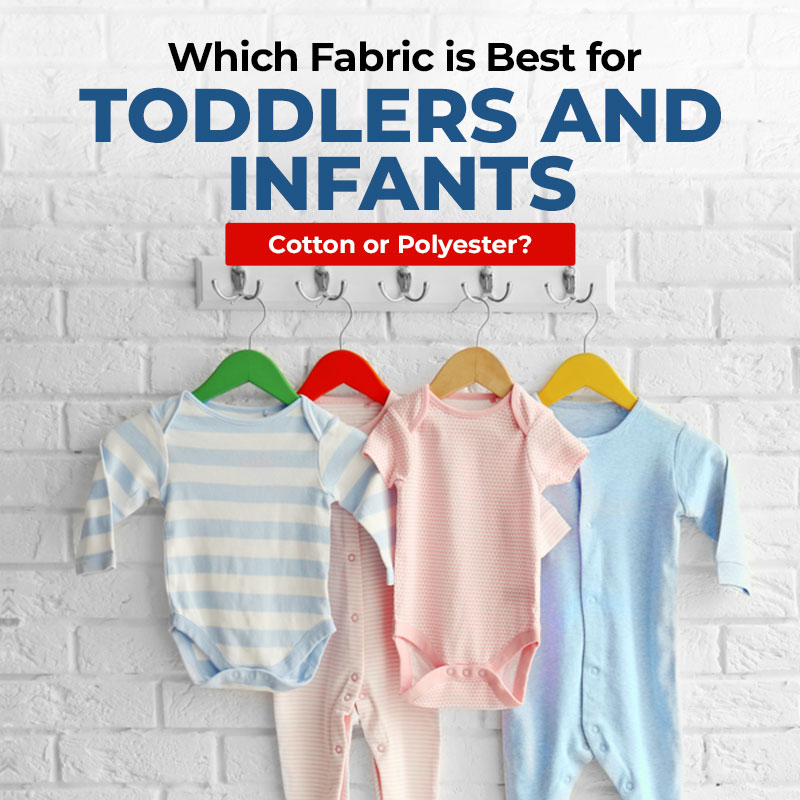
Fabric Choices That Make or Break Comfort
Winners: Cotton muslin, bamboo blends, and linen allow maximum airflow. Dress baby in one additional lightweight layer compared to what you’re wearing.
Losers: Synthetic fabrics like polyester trap heat. Dark colors raise baby’s temperature by 3-5°F within minutes—stick to white or pastels exclusively.
Sun Protection Rules by Age
Under 6 months: Avoid direct sun entirely. If unavoidable, apply minimal mineral sunscreen (zinc oxide) only to hands and feet. Never use chemical sunscreens.
6+ months: Apply SPF 30+ mineral sunscreen 30 minutes before walks. Cover often-missed spots: ears, neck, feet, and the back of knees. Reapply every two hours.
Pro Tip: Store a spare outfit in your refrigerator. Dress baby in chilled clothing just before leaving for instant cooling.
Hydration Hacks That Prevent Dehydration
Under 6 Months: Smart Fluid Management
Never offer plain water—it dilutes essential nutrients. Instead:
- Increase breastfeeding or formula sessions by 25% during hot weather
- Store bottles in insulated bags with ice packs clipped to your stroller
- Offer shorter, more frequent feeds during walks (every 30-45 minutes)
6+ Months: Beyond Basic Water
Introduce cooling hydration with:
- Small sips of cooled, boiled water between milk feeds
- Frozen breast milk cubes in silicone feeders (perfect temperature control)
- Diluted fruit juice popsicles (1 part juice to 10 parts water) for electrolyte balance
Monitor like a pro: Check wet diapers every 30 minutes. Fewer than one every 2 hours signals dehydration. Pale yellow urine = good; dark yellow = danger.
Beat the Heat with Proven Cooling Techniques
Stroller Fan Positioning Secrets
Most parents point fans directly at baby’s face—this causes discomfort and reduces effectiveness. Instead:
- Mount fan on the bumper bar or snack tray
- Angle airflow across the top of baby’s head
- Set on lowest setting for gentle breeze
- Check every 15 minutes to ensure proper positioning
Instant Cooling Compress Method
Dampen a washcloth with cool (not ice-cold) water. Apply to the back of baby’s neck for 30 seconds, then wipe forehead and wrists. Combine with your stroller fan for evaporative cooling that drops skin temperature by 5-7°F.
Warning: Never use ice packs directly on baby’s skin—they can cause cold burns.
Time Walks to Avoid Danger Zones
The 10 a.m. to 4 p.m. Heat Trap
This period accounts for 70% of UV exposure and peak ambient heat. Instead:
- Early birds: Walk before 9 a.m. when pavement hasn’t absorbed heat
- Evening explorers: Head out after 5 p.m. when surfaces release stored heat
- Shade seekers: Choose routes with continuous tree cover (parks beat sidewalks)
Pro Tip: Press your hand against stroller seats before loading baby. If you can’t keep it there for 10 seconds, the surface is too hot.
Spot Overheating Before It Becomes Emergency
Early Warning Signs You’re Missing
Touch test: Back of neck or chest feels hot (hands/feet are unreliable indicators)
Behavior clues:
– Unusual fussiness that doesn’t respond to normal soothing
– Lethargy or excessive sleepiness during normally alert times
– Rapid, shallow breathing
Physical red flags:
– Flushed cheeks that don’t fade in shade
– Dry lips despite recent feeding
– No tears when crying
Emergency Response Checklist
When overheating strikes, act immediately:
- Move to shade—don’t wait to find perfect location
- Remove excess clothing—leave baby in just diaper
- Apply cool compresses—use lukewarm water (cold water shocks system)
- Offer fluids—breast milk, formula, or water based on age
- Monitor closely—if no improvement in 15 minutes, seek medical help
Call 911 immediately if: Baby vomits, has high fever (103°F+), or shows hot/dry skin—these indicate life-threatening heat stroke.
Pre-Walk Safety Checklist
Complete this 2-minute routine before every summer outing:
- [ ] Extend canopy fully and verify mesh vents are unobstructed
- [ ] Pack extra fluids for baby and yourself (dehydration affects parenting)
- [ ] Apply and recheck sunscreen on all exposed areas
- [ ] Dress baby in light, breathable layers (one more than you wear)
- [ ] Attach and test stroller fan battery life
- [ ] Load frozen water bottles or cooling pad
- [ ] Confirm route has emergency AC locations (libraries, stores)
Pro Tip: Keep a “cooling kit” permanently in your stroller: small towel, spray bottle, and spare bottle of water.
Post-Walk Recovery Protocol
After returning home:
- Hydration boost: Offer additional breast milk, formula, or water immediately
- Skin inspection: Check for redness, heat rash, or sunburn (common on shoulders)
- Cool bath: Use lukewarm water to gradually lower body temperature
- Overnight monitoring: Watch for delayed symptoms like fever or unusual sleepiness
Summer stroller walks become joyful experiences when you’re prepared. Remember: babies overheat before they show discomfort, so proactive cooling beats reactive treatment every time. Implement these strategies consistently, keep your cooling kit stocked, and enjoy exploring the world together—safely and comfortably. The peace of mind of knowing exactly how to keep baby cool in stroller transforms summer from stressful season to your favorite time of year.

